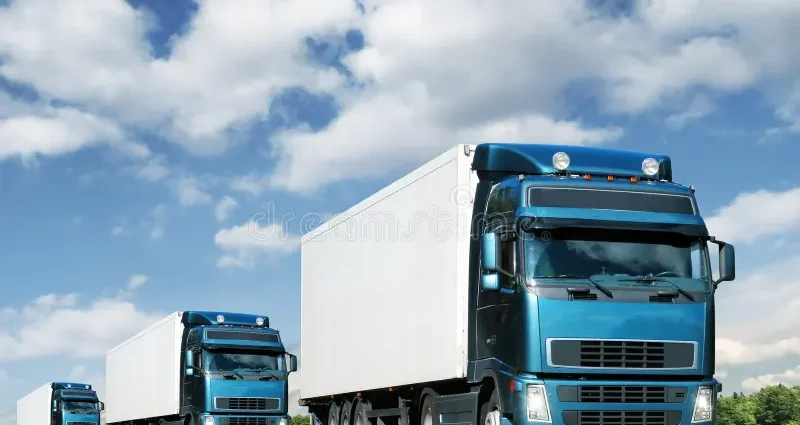As global freight sectors race toward decarbonisation, Africa stands at a critical crossroads. While Europe pushes toward a climate-neutral truck fleet by 2050, similar pressures are mounting across the continent—driven by environmental responsibility, rising fuel costs, and international trade alignment. For stakeholders in Africa’s cargo and dry bulk sectors, the message is clear: zero-emission trucks are not a distant luxury, but a strategic investment for long-term competitiveness.
The Road Freight Challenge in Africa
Road transport dominates freight movement across the continent. In landlocked countries like Zambia, Zimbabwe, and Botswana, trucks remain the lifeline of trade, moving bulk goods from ports to inland markets and mines. However, this reliance comes with growing emissions and air quality concerns.
Globally, trucks account for 25% of road transport emissions, despite representing just 2% of vehicles. In Africa’s urban centers—many already grappling with severe air pollution—the environmental and health costs of diesel-heavy fleets are becoming harder to ignore. Without decisive action, emissions from African freight could mirror the surge expected globally, where road freight activity is projected to rise by 40% by 2050.
Zero-Emission Trucks: A Game-Changer for African Logistics
Battery electric trucks (BEVs) and hydrogen fuel cell electric vehicles (FCEVs) are emerging as the most viable solutions to eliminate freight emissions. While Europe leads in rollout, African nations have a unique opportunity to leapfrog directly to these technologies, especially in regions with abundant renewable energy sources such as solar and hydro.
BEVs, in particular, offer strong benefits for long-haul cargo operations:
- Lower operational costs: With fewer moving parts and lower fuel expenses, electric trucks reduce lifetime costs—critical for fleets covering millions of kilometers.
- Improved energy efficiency: BEVs use roughly half the energy of hydrogen trucks per kilometre.
- Quiet, clean logistics: Reducing noise and air pollution improves community relations, especially near mining towns, ports, and industrial zones.
Charging Infrastructure: The Missing Link
For BEVs to work across Africa’s vast freight corridors—such as the North-South Corridor linking Durban to the DRC—charging infrastructure is essential. Public-private partnerships will be key to establishing truck-dedicated fast-charging stations, particularly at high-traffic locations like dry ports, weighbridges, and border posts.
South Africa, Morocco, Kenya, and Egypt are already showing early signs of EV adoption, and integrating heavy-duty freight into their electrification roadmaps will accelerate industry transformation.
Road Safety: A Parallel Priority
Beyond emissions, African roads face alarming safety challenges. Trucks are frequently involved in fatal incidents due to poor vehicle standards, overloaded trailers, and limited driver visibility. Europe’s new truck safety rules—mandating direct vision designs that reduce blind spots—could serve as a model for African regulators.
Adopting similar safety standards in Africa’s truck fleet could save lives and align exports with global compliance benchmarks, especially in cross-border trade with the EU or under the African Continental Free Trade Area (AfCFTA).
What It Means for Bulk and Cargo Operators
The transition to zero-emission trucks isn’t just about environmental targets—it’s a business decision. With fuel costs volatile and maintenance-heavy diesel fleets aging, early adoption of clean trucks positions cargo companies for lower operating expenses, higher efficiency, and better ESG credentials.
Key next steps for African dry bulk and cargo logistics players include:
- Exploring pilot projects with electric truck OEMs and renewable energy providers.
- Engaging with regional transport ministries to develop supportive infrastructure and regulation.
- Training drivers and mechanics for a zero-emission fleet future.
Conclusion
Africa’s bulk logistics sector has long been defined by resilience, innovation, and adaptation. As the world pivots toward climate-smart transport, zero-emission trucks are the next frontier. By embracing this shift early, Africa can build a greener, more efficient, and globally competitive freight system—driving both sustainable development and trade growth.




